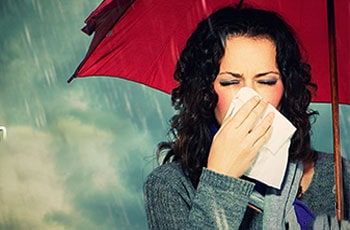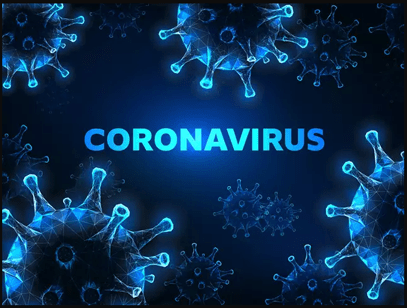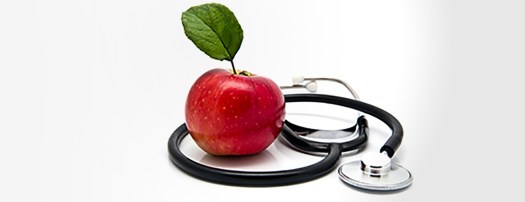FAQ about CORONA
Aug 26, 2020
1-What are some good foods to eat during the COVID-19 pandemic?
A-You should eat a variety of fresh and unprocessed foods every day to get the vitamins, minerals, dietary fibre, protein and antioxidants your body needs. Drink enough water. Eat fruits, vegetables, legumes (e.g. lentils, beans), nuts and whole grains (e.g. unprocessed maize, millet, oats, wheat, brown rice or starchy tubers or roots such as potato, yam, taro or cassava), and foods from animal sources (e.g. meat, fish, eggs and milk). For snacks, choose raw vegetables and fresh fruit rather than foods that are high in sugar, fat or salt.
2-Can COVID-19 spread through food?
A-It is highly unlikely that people can contract COVID-19 from food or food packaging. COVID-19 is a respiratory illness and the primary transmission route is through person-to- person contact and through direct contact with respiratory droplets generated when an infected person coughs or sneezes.
There is no evidence to date of viruses that cause respiratory illnesses being transmitted via food or food packaging. Coronaviruses cannot multiply in food; they need an animal or human host to multiply.
3-What is the recovery time for the coronavirus disease?
A-They found that for people with mild disease, recovery time is about two weeks, while people with severe or critical disease recover within three to six weeks.
4-Is headache a symptom of the coronavirus disease?
A-The virus can cause a range of symptoms, from ranging from mild illness to pneumonia. Symptoms of the disease are fever, cough, sore throat and headaches.
5-Should coronavirus disease patients be isolated in hospitals?
A-WHO advises that all confirmed cases, even mild cases, should be isolated in health facilities, to prevent transmission and provide adequate care.
But we recognize that many countries have already exceeded their capacity to care for mild cases in dedicated health facilities. In that situation, countries should prioritize older patients and those with underlying conditions.
6-Can the coronavirus disease spread through sewage?
A-There is no evidence that the COVID-19 virus has been transmitted via sewerage systems with or without wastewater treatment.
7-Is runny nose a symptom of the coronavirus disease?
A-For most people, it starts with a fever and a dry cough, not a runny nose. Most people will have mild disease and get better without needing any special care.
8-Does consuming alcohol kill Covid-19?
A-Consuming alcohol will not destroy the virus, and its consumption is likely to increase the health risks if a person becomes infected with the virus. Alcohol (at a concentration of at least 60% by volume) works as a disinfectant on your skin, but it has no such effect within your system when ingested.
9-What does COVID-19 stand for?
A- 'CO' stands for corona, 'VI' for virus, and 'D' for disease. Formerly, this disease was referred to as '2019 novel coronavirus' or '2019-nCoV.' The COVID-19 virus is a new virus linked to the same family of viruses as Severe Acute Respiratory Syndrome (SARS) and some types of common cold.

_CAT_1598416491.jpg)
_CAT_1597504826.jpg)
_CAT_1597503957.jpg)



